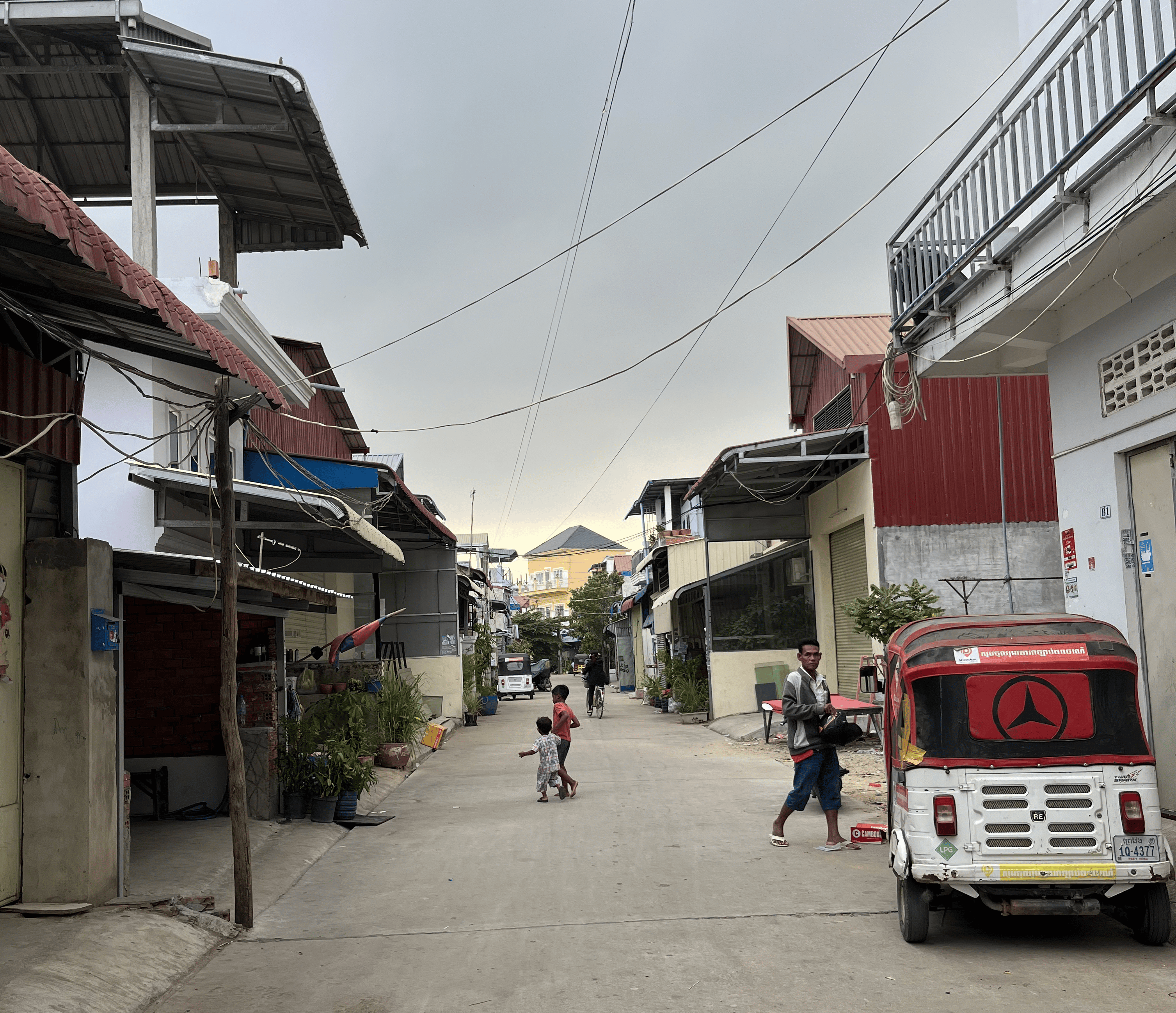In 2011, Australia and New Zealand Banking Group (ANZ) partially financed a sugar plantation and refinery in Cambodia developed by Phnom Penh Sugar Co. Ltd. (PPS). The project was marred by serious human rights abuses, including military-backed land grabs, forced evictions, destruction of property, arbitrary arrests, use of child labor, and hazardous working conditions leading to deaths. Despite these documented abuses and significant public controversy, ANZ proceeded with the loan to PPS, without adequate due diligence or safeguards.
On 6 October 2014, Equitable Cambodia (EC) and Inclusive Development International (IDI) filed a complaint to the Australian National Contact Point (AusNCP) under the OECD Guidelines for Multinational Enterprises. The complaint was submitted on behalf of 681 Cambodian families who were forcibly displaced and remained uncompensated or undercompensated.
The complainants alleged that ANZ contributed to these abuses through its financial support to PPS and failed to take adequate measures to prevent or address them. They requested that ANZ divest itself of profits earned from the PPS loan as reparations and adopt stronger human rights due diligence and grievance mechanisms to prevent similar harms in the future.
This case demonstrates the power NCPs can have, persistence from civil society, and the potential for financial institutions to be held responsible for harms linked to their lending decisions. It also shows how advocacy efforts can be more effective when timed with broader moments of public or regulatory scrutiny, such as Australia’s Royal Commission into banking misconduct, which provided a critical moment for increased pressure on ANZ. It underscores the need for robust human rights due diligence in the financial sector and the importance of accessible grievance mechanisms to address corporate abuse. The ANZ case sets an important precedent for financial sector accountability under the OECD Guidelines.

